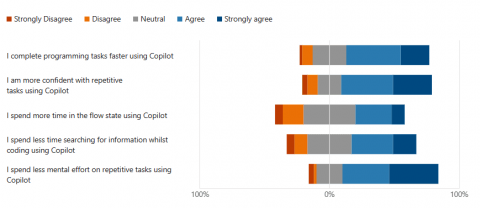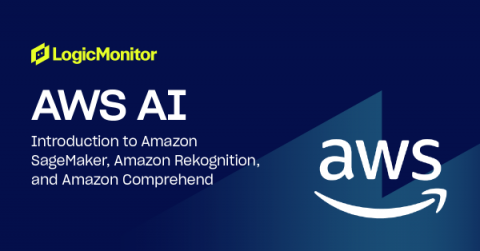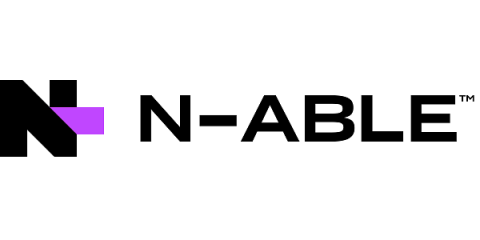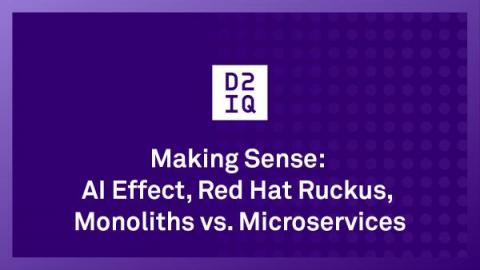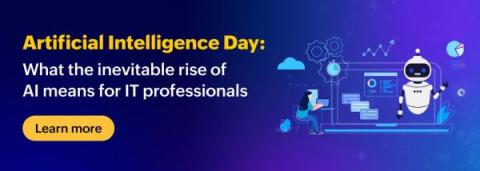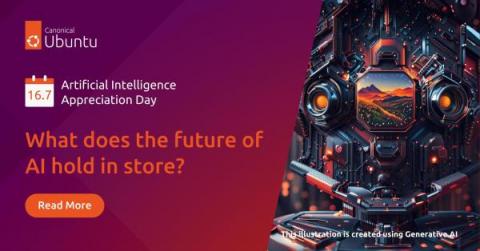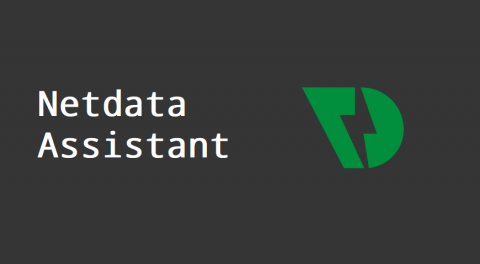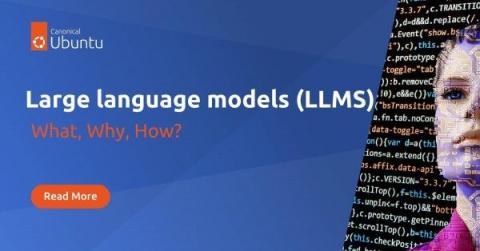Operations | Monitoring | ITSM | DevOps | Cloud
AI
AWS AI: Introduction to Amazon SageMaker, Amazon Rekognition, and Amazon Comprehend
AI Unleashed: Revolutionizing Government Processes with Ask Sage and Mattermost
What Does AI Mean for MSPs and IT Service Management?
Last month, at N-able’s Empower partner event in Prague, Chief Security Officer, Dave MacKinnon conducted a roundtable with executives from MSPs from the UK, Germany, Poland, and South Africa. The topic centered around artificial intelligence (AI) and initiated dialogue around whether they were planning to embrace AI and their concerns around the impact it could have on technology as a whole. After the event, I sat down with Dave to discuss some of the insights gained from the roundtable.
The AI Boom Will Drive up Data Center Costs and the Need for Control
Data centers are the backbone of the digital economy, hosting the servers, networks, and software that power the internet and cloud services. Data centers consume a lot of electricity, accounting for about 1% of the global energy demand in 2019. As AI becomes more widespread and complex, data centers will need to upgrade their hardware and infrastructure to meet the growing demand for AI processing. This will increase the cost of operating data centers in several ways.
Making Sense: AI Effect, Red Hat Ruckus, Monoliths vs. Microservices
Each day the news assails us with a jumbled wave of trends, hype, provocative claims, and skirmishes. From news venues around the globe, the D2iQ brain trust is called upon to provide insights and commentary to help make sense of the hot topics and controversies affecting the cloud-native and Kubernetes communities.
Celebrating Artificial Intelligence Day: The role of AIOps in today's IT environments
In the ever-changing world of IT and digitalization, we’ve all probably pondered the same thought at least once: “Can AI ever replace me?” An example is the Tom and Jerry cartoon episode with the robot cat meant to replace Tom. Another is the video game Detroit: Become Human that navigates a world where self-aware androids surpass humans in intelligence. Fiction aside, we’re already seeing AI’s true capabilities with tools like Chat GPT and Bard.
What does the future of AI hold in store?
Netdata Assistant: Your AI-Powered Troubleshooting Sidekick
Hey there! We're excited to share a new troubleshooting feature we have added to Netdata, the Netdata Assistant. We've built this tool to help you troubleshoot more effectively and with less stress. Let's dive in.


